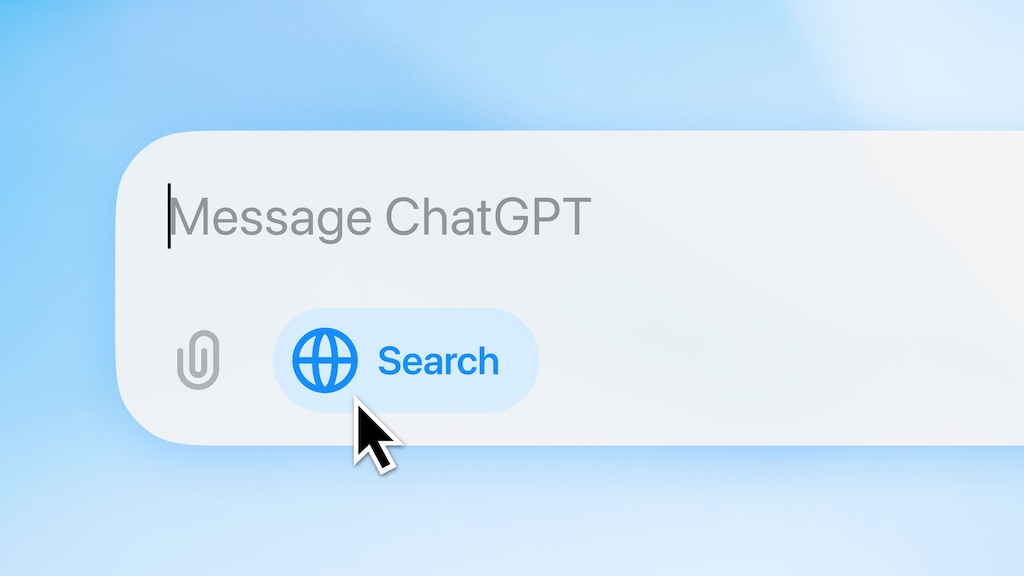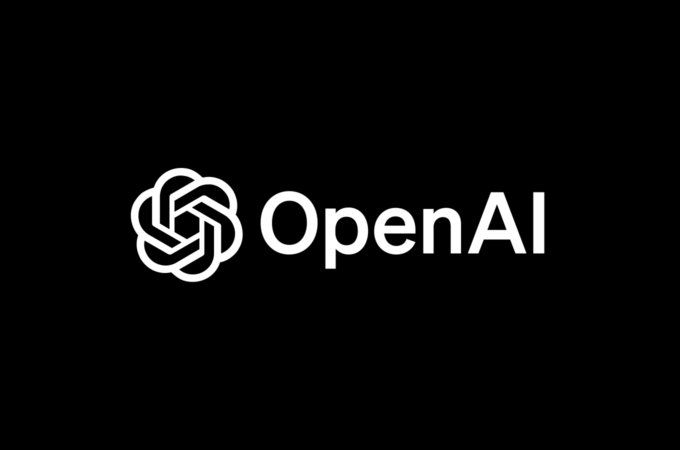
OpenAI Challenges Google’s Search Dominance with ChatGPT Integration
OpenAI has integrated real-time web search capabilities into ChatGPT, positioning itself as a direct competitor to Google’s search empire. The feature, which launched on October 31, 2024, enables ChatGPT to deliver up-to-the-minute financial data, including stock prices, market news, and comprehensive financial information.
The new search functionality, initially available to ChatGPT Plus subscribers ($20 monthly), leverages a fine-tuned version of GPT-4o and incorporates OpenAI’s latest o1 model for enhanced reasoning capabilities. For financial professionals, this means access to real-time market data presented in a conversational interface, complete with interactive stock charts and cited sources.
“ChatGPT can now get you to a better answer faster,” says Adam Fry, OpenAI’s search product lead. “Users can ask follow-up questions about market movements or company performance, and ChatGPT will maintain the full context of the conversation.”
The platform’s financial capabilities are bolstered by partnerships with leading business publishers, including the Financial Times, Reuters, and Axel Springer. These collaborations ensure access to premium financial content while addressing concerns about source attribution and copyright protection.
What sets ChatGPT’s search apart in the fintech space is its ability to combine multiple data sources into coherent, contextual responses. For instance, a query about a company’s stock performance will yield not only current price data but also relevant news, analyst reports, and market context, all presented in a clean interface without traditional search advertising.
The rollout strategy follows a tiered approach: after Plus and Team subscribers, Enterprise and Education users will gain access in the coming weeks, followed by a broader release to free users. OpenAI has also released a Chrome extension, allowing users to set ChatGPT as their default search engine.
This development comes at a significant cost to OpenAI, which expects to spend approximately $5 billion on computing infrastructure this year. The company’s recent $157 billion valuation and substantial backing from Microsoft, which has invested nearly $14 billion, indicate the scale of its ambition to compete in the search market.
While Google currently maintains its search dominance with $49.4 billion in Q3 search revenue, OpenAI’s ad-free approach and focus on integrated financial data could appeal to professional users seeking streamlined market intelligence. However, the company faces challenges in financing the service for free users, with plans to implement usage limits on their latest search models.
For the fintech industry, this development signals a potential shift in how financial professionals access and interact with market data, potentially streamlining research processes and decision-making workflows. As the platform evolves, OpenAI plans to enhance its capabilities in areas such as shopping and travel, while leveraging its o1 series for deeper financial analysis and research.





